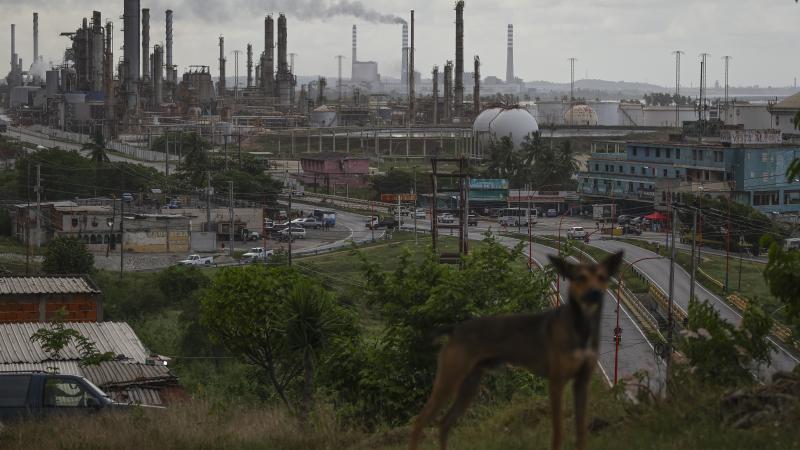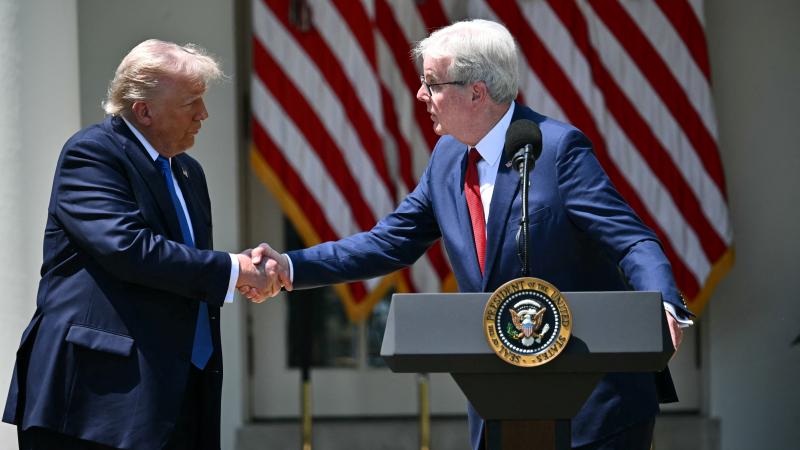Supreme Court to consider whether infrastructure projects can be halted by climate change risks
The coalition building the railroad argues in its petition that if agencies were to consider any environmental impact that it has the authority to prevent, it would effectively make any agency into a de facto "environmental-policy czar.”
The Supreme Court will hear arguments over whether studies on the impacts of climate change can stop construction projects.
The case involves the Uinta Basin Railway, a $1.5 billion, 88-mile rail line in Utah, which would facilitate the transport of crude oil.
The project was permitted, but a group of environmental activists sued to stop it, arguing that local authorities should have required more studies into the environmental impacts of the project, according to the Washington Times.
Among the studies that the activists wanted was one on the effects of drilling and transporting oil through the Colorado mountains and river.
The D.C. Circuit ruled in favor of the activists, arguing that regulators didn’t adequately consider climate change risks, such as wildfires. The coalition seeking to build the rail line asked the Supreme Court to review the case.
The question for the high court is how to interpret lower court rulings, which have held that under the federal National Environmental Policy Act, agencies are allowed to restrict their review of environmental impacts to the areas in which they have regulatory oversight.
In its petition, the coalition argued that, if agencies were to consider any environmental impact that it has the authority to prevent, it would effectively make any agency into a de facto "environmental-policy czar.”















